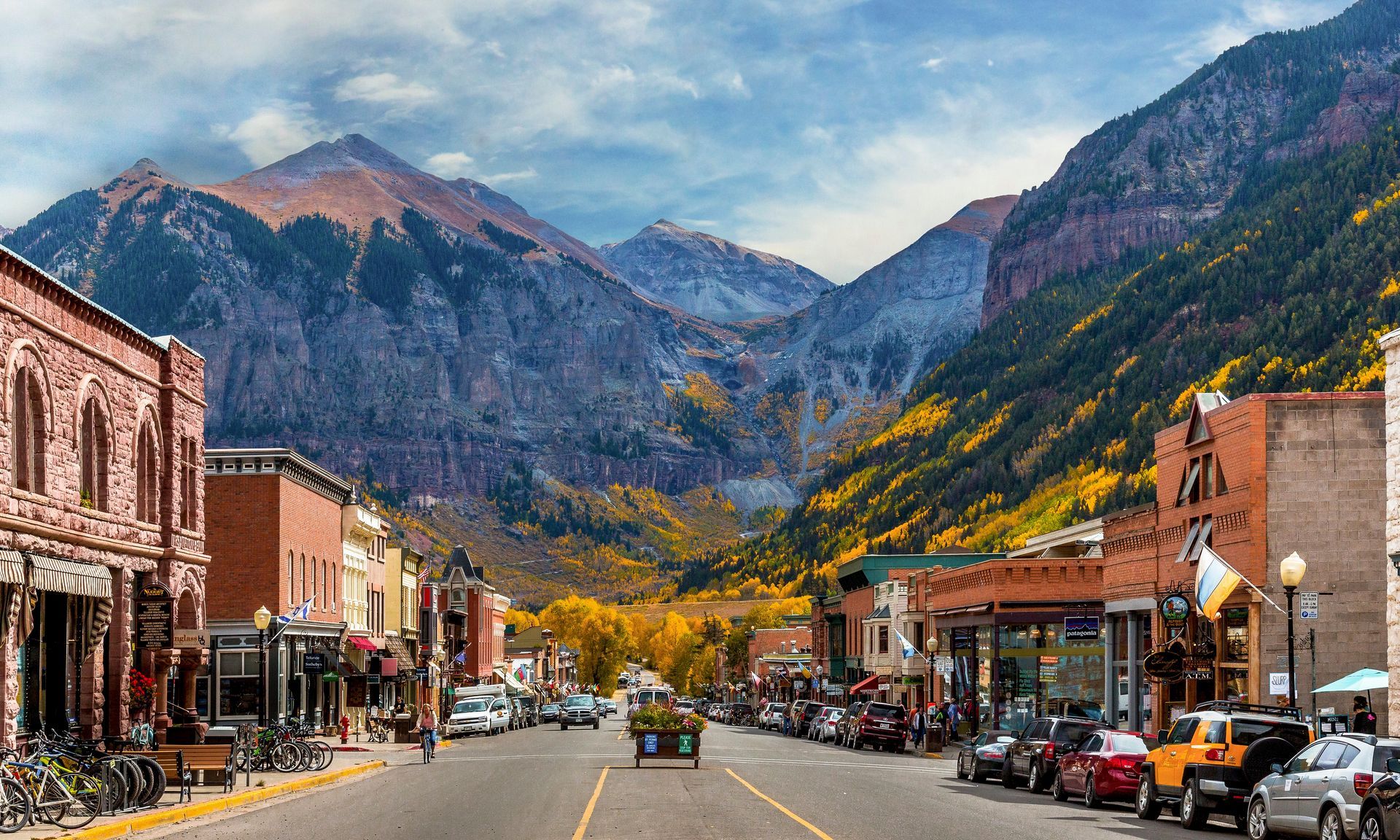Navigating your mountain property purchase with confidence

Thinking about trading in city noise for the peace and fresh air of the mountains?
Whether you’re dreaming of a cozy cabin, a weekend retreat, or a full-time mountain lifestyle, buying a home in higher altitudes comes with its own set of unique considerations.
As a mortgage broker who regularly helps buyers in Colorado’s mountain communities, I’ve put together some important things to know before you fall in love with your next adventure home.
1. Expect Unique Property Features – and Challenges
Mountain homes are charming, but they can be different from what you're used to. It's common to find:
- Well water and septic systems instead of city services
- Unpaved roads or private driveways, which may impact access, maintenance, and financing
- Steep terrain that may require special insurance or limit build-outs
- Wood-burning stoves or alternative heat sources
Pro Tip: Always ask for utility estimates and a maintenance history before making an offer. These homes are beautiful—but they come with upkeep.
2. Understand Access and Seasonal Considerations
Living in the mountains often means adjusting to Mother Nature’s timeline.
- Some roads aren’t plowed in the winter, which can affect access.
- GPS can be unreliable in remote areas—make sure to scout the location in person.
- Cell service and internet may be limited—check with local providers if connectivity is a priority.
3. Financing Can Be a Little Different
Mountain properties sometimes require special financing due to their unique characteristics:
- Fewer comparable sales can create appraisal challenges
- Cabins and second homes may require a larger down payment
- Homes that are off-grid or built uniquely (tiny homes, log cabins, etc.) might not qualify for conventional loans
This is where having a knowledgeable mortgage broker (like me!) makes all the difference. I can help you navigate loan options that fit mountain properties.
4. Insurance Needs May Be Higher
Many mountain areas fall in high-risk zones for:
- Wildfires
- Landslides
- Flooding
- Snow load issues
It’s important to shop for homeowners insurance early in the process to get a true picture of your monthly costs and coverage options.
5. Consider Your Long-Term Plans
Are you buying a vacation home, a future retirement retreat, or an investment property? Your intentions affect:
- Loan type and down payment
- Property taxes
- Rental permits or HOA restrictions
Let’s talk through your long-term goals to make sure your mortgage strategy supports your vision.
📞 Let’s Talk Before You Fall in Love With Your Mountain Home
I’m here to help you navigate every step of buying your dream mountain home. Whether you’re ready to buy or just exploring the idea, let’s chat!
✅ Get pre-qualified
✅ Learn about loan options for mountain homes
✅ Get connected to local pros (Realtors, inspectors, and insurance agents)
Call/Text: 303-915-3739
Email: christi.milroy@selecthlg.com
Looking for more tips? Download my free Mountain Homebuyer’s Guide (PDF).


